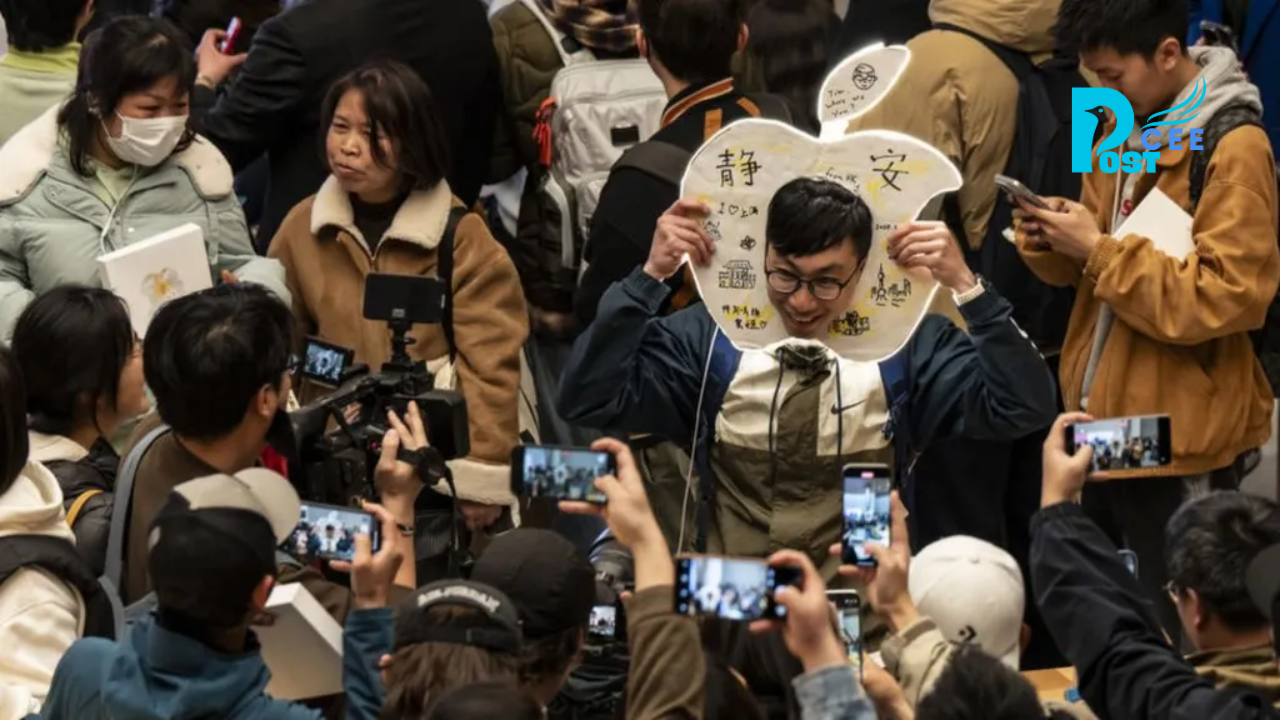In a dramatic escalation of their ongoing feud, Apple has blocked Epic Games from using essential iPhone tools, further intensifying the battle between the tech giant and the popular game developer. The move comes after Epic Games introduced a direct payment system in its Fortnite game, bypassing Apple’s App Store and its mandatory 30% commission. Apple swiftly responded by removing Fortnite from the App Store, and now it has gone a step further by restricting Epic Games’ access to tools necessary for app development on the iOS platform.
The conflict between Apple and Epic Games raises important questions about the power dynamics in the app economy and the control exerted by dominant app store operators. Apple’s decision to block Epic Games from using their tools effectively hampers the game developer’s ability to create updates, improvements, and bug fixes, potentially harming millions of Fortnite players who predominantly use iPhones and iPads. It also shifts the spotlight on the broader debate over the fairness of Apple’s app store policies and the hefty commission fees imposed on developers.
From Apple’s perspective, the company argues that its policies and fees are necessary to maintain the integrity and security of its platform, ensuring a quality user experience and supporting ongoing innovation. They also claim that these measures are consistent with industry standards. Conversely, Epic Games argues that Apple’s control over the app store stifles competition, limits consumer choice, and creates an unfair environment for developers.
This dispute also has significant implications for other app developers and the app store ecosystem as a whole. Many developers rely on the global reach and financial opportunities offered by platforms like the App Store, but the current conflict exposes the vulnerability of developers being at the mercy of the dominant platform operators.
The actions of both Apple and Epic Games have sparked legal battles and regulatory scrutiny. Epic Games filed lawsuits against Apple, accusing them of anticompetitive behavior. As a result, regulators and lawmakers worldwide are closely monitoring the situation, with some expressing concerns about the power wielded by big tech companies and the need for greater regulation and oversight.
It remains to be seen how this feud will play out and what implications it will have for the broader app store landscape. The clash between Apple and Epic Games represents a larger industry-wide debate about fairness, competition, and control within the app economy. It serves as a reminder that the balance of power between platform operators and developers is a delicate one, with far-reaching consequences for innovation, competition, and user experience.















